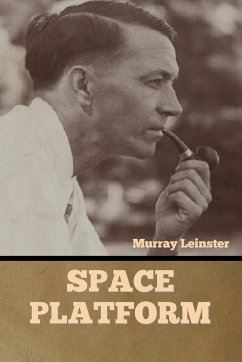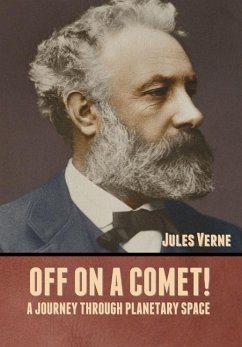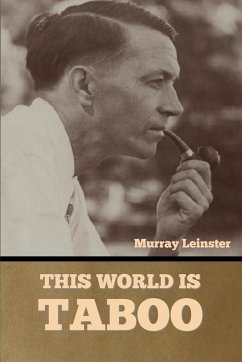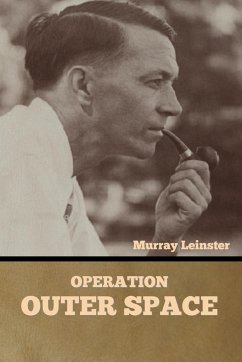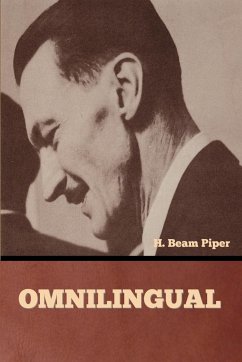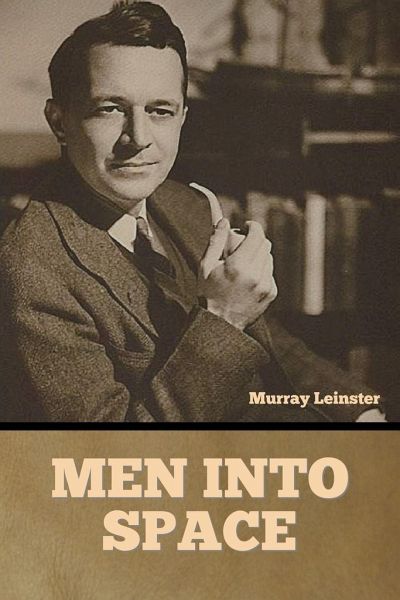
Men into space
Versandkostenfrei!
Versandfertig in 1-2 Wochen
16,99 €
inkl. MwSt.
Weitere Ausgaben:

PAYBACK Punkte
8 °P sammeln!
Based on a TV series of the same name, this novel (actually a series of connected novelettes) looks at America's march into space as seen through the eyes of one Ed McCauley. He is chosen to make the first sub-orbital flight by rocket from a launch pad in the American Southwest. Ascending the rocket by ladder, his flight is successful, and he is able to get a quick look at space from above the atmosphere. On the way down, he ejects from his capsule, intentionally, and parachutes the last couple of miles to the ground. The Space Service is able to send people into space, but they haven't yet fi...
Based on a TV series of the same name, this novel (actually a series of connected novelettes) looks at America's march into space as seen through the eyes of one Ed McCauley. He is chosen to make the first sub-orbital flight by rocket from a launch pad in the American Southwest. Ascending the rocket by ladder, his flight is successful, and he is able to get a quick look at space from above the atmosphere. On the way down, he ejects from his capsule, intentionally, and parachutes the last couple of miles to the ground. The Space Service is able to send people into space, but they haven't yet figured out the part about the soft landing with the capsule intact. McCauley is chosen to pilot the X-21, a state of the art rocket plane, on the first orbital flight around the earth, and returns for a soft landing. Building the Space Platform, in earth orbit, almost becomes a disaster when one of the three crewmen suddenly starts floating away into space. McCauley manages to get the crewman, and himself, back to safety. As chief of the moon base, McCauley sent two of the crew onto the moon's surface to set up a repeater to establish a communication link with Farside Base. This was before he realized that the two men have a very deep hatred for each other. McCauley does not want to be the person in charge during the first murder on the Moon. A major obstacle to extensive space exploration is solar flares coming from the sun. McCauley and a co-pilot go on a mission around Venus and back to test a new radiation screen. The third member of the crew is Dr. Bramwell, the screen's inventor. Bramwell hides his absolute fear of going into space by being a loudmouthed, unreasonable jerk. The solar system contains a natural cargo transportation system that eases the difficulty of setting up a base on Mars: the asteroid Eros. Its eccentric orbit takes it within a couple of million miles of Earth, making it relatively easy to land and lash all sorts of supplies to its surface. Two years later, Eros comes within a couple of million miles of Mars, making it relatively easy to land, and send the supplies to Mars with the help of drone rockets. It's certainly easier than sending everything from the bottom of Earth's gravity well. I really liked this book. Perhaps it's best for its historic value, showing America's march into space before it happened. Still, this is an interesting story, and Leinster is an excellent writer. It's well worth reading. (Paul)








